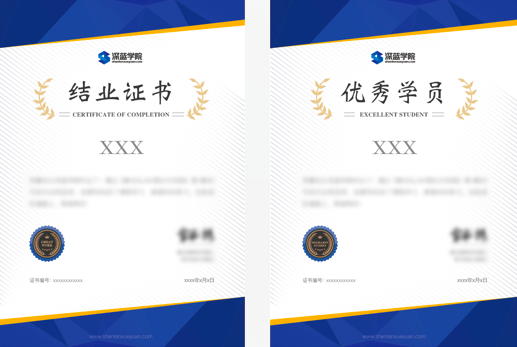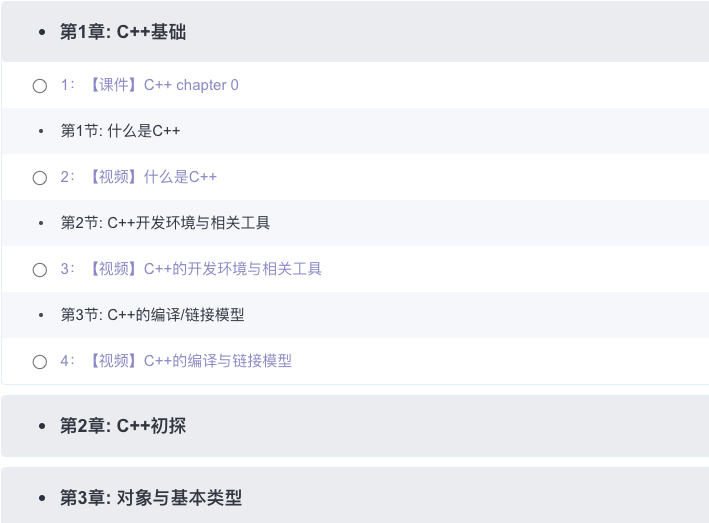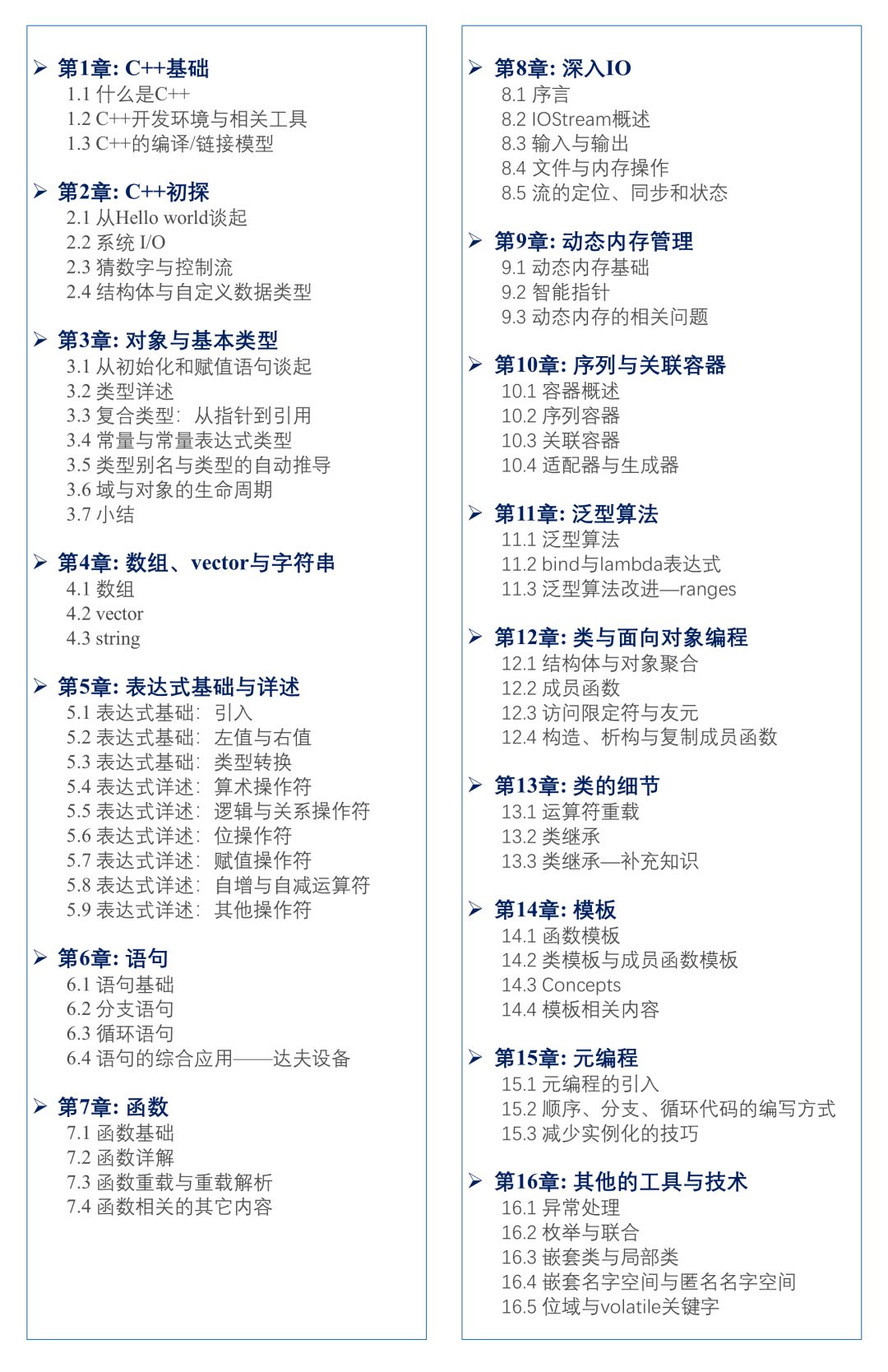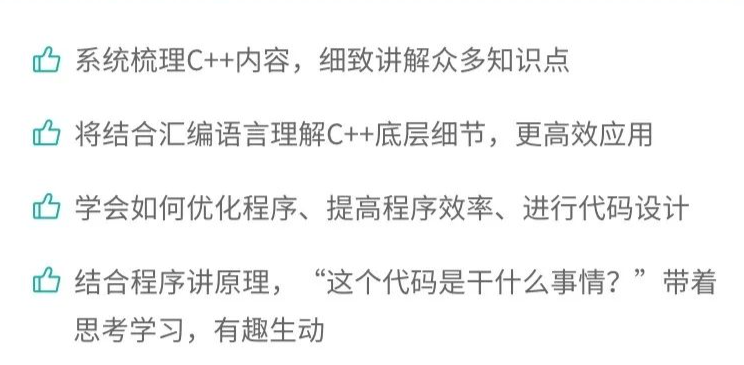Embedded systems typically have characteristics such as resource constraints and low-level hardware operations, and the C++ language, as an efficient programming language, can be used to quickly develop efficient code in embedded systems. For example, C++ is widely used as a development language in Linux systems…
C++ can fully utilize the concept of object-oriented programming, improving code reusability, maintainability, and scalability, which are all very important considerations in embedded system development.
Additionally, many embedded operating systems and device drivers are written in C++, and C++ also provides many native libraries and tools, such as the STL library and compiler optimizations, which help improve the development efficiency and code quality of embedded systems. Therefore, learning C++ is very necessary for those engaged in embedded work.
However, learning C++ is not easy. Even after reading thick books, one may only grasp the basic syntax and understand example code, while still feeling challenged with the comprehensive and flexible application of statements. In actual work, the difficulty of C++ code is generally higher than that of the example code in books.
So how can we eliminate the significant gap between the C++ syntax in books and its practical applications in engineering?
If you want to avoid the tedious and inefficient method of rote learning and wish to grasp the book’s content more efficiently, you can breathe a sigh of relief! Deep Blue Academy strongly recommends the course “C++ Fundamentals and In-Depth Analysis” for those who want to delve into learning C++ but are unsure how to proceed!
Compared to other courses, Deep Blue Academy’s course offers detailed and flexible code implementations, where the instructor will guide you through the intricate implementations of programs!
Below is a preview of part of the course (Dynamic Memory Management – Smart Pointers):
This course is taught by Li Wei, a senior engineer at Microsoft USA with nearly 20 years of C++ development experience! Li Wei will explain C++ in a more accessible manner, combining it with assembly language, ensuring that students with no relevant background can learn a lot.
Scan the code to receive a trial class
Please be sure to note 524, for priority access!

Li Wei – Senior Engineer at Microsoft USA, PhD from Tsinghua University
After graduation, Li Wei has been engaged in software development-related work, having previously been responsible for online systems in the machine translation group of Baidu’s Natural Language Processing Department, and worked on Bing search development at Microsoft Asia Engineering Institute. He has nearly 20 years of C++ development experience and is the author of the book “C++ Template Metaprogramming in Practice”.
1. This course provides a detailed explanation of the content from C++ Primer (5th Edition), using various online and offline resources to enrich the course material. Therefore, this “C++ Fundamentals and In-Depth Analysis” course can be considered the best choice for C++ beginners.
2. The course is easy to understand and concise, worth watching repeatedly! For example, the chapters on classes, templates, and Lambda expressions, mastering object-oriented programming and generic programming can be considered the stepping stones to high-tech companies!
3. The course further introduces metaprogramming, which is not covered in C++ Primer (5th Edition). The introduction of metaprogramming aims to optimize program calculations at compile time, thus further improving program execution efficiency!
4. The course covers the main new features from C++11 to C++20 standards, which are not included in C++ Primer (5th Edition). This ensures that students’ C++ knowledge stays up-to-date, allowing them to choose the most suitable standards for development in projects or companies!
5. The frequent use of multidimensional tools deepens students’ understanding of C++: the instructor repeatedly uses Compiler Explorer, CppReference, C++ Insights and other tools to explain the underlying logic of code implementations (such as auto type deduction, Lambda expression statements, range-based for loops, template specialization, etc.), further deepening students’ understanding of C++!
6. Not limited to verbal explanations, almost all explanations in this course include detailed code implementations, where the instructor guides you through program implementations!
Beginners: Students or engineers who are new to C++ and completely unfamiliar with basic syntax.
Foundation Solidification: Students or engineers with some programming language foundation but unable to adapt flexibly.
Skill Enhancement: Students or engineers who are familiar with relevant C++ basic syntax but do not understand the underlying logic details.
1. Quality Learning Community
Your classmates are mostly from 985, 211, and overseas universities with master’s and doctoral degrees, and here everyone learns, discusses, and researches together. This unique quality community will be a valuable resource for your future learning and employment.
2. Certificate Recognized by Enterprises
Upon completing the course, you will have the opportunity to receive an excellent student certificate and a graduation certificate, which will enhance your resume.

1. Three Instructors Support
The instructor and teaching assistants provide timely answers to questions, while the class supervisor leads the class throughout, helping you overcome procrastination and continuously improve.
2. Regular Class Meetings
Teaching assistants provide one-on-one homework corrections and conduct evaluations and guidance during class meetings; in class meetings, you will learn more skills and gain more ideas through discussions.

Scan the code to receive a trial class
Please be sure to note 524, for priority access!







